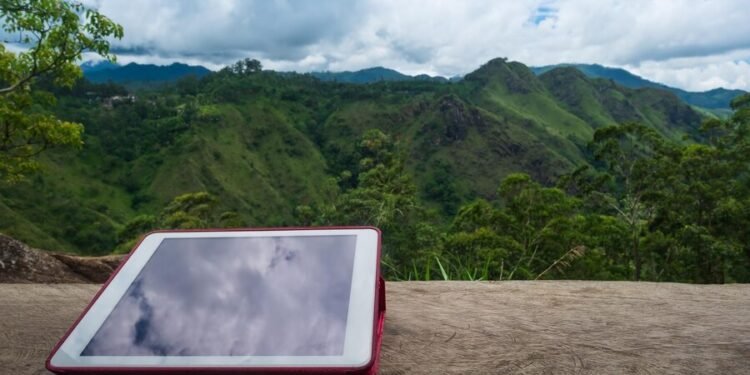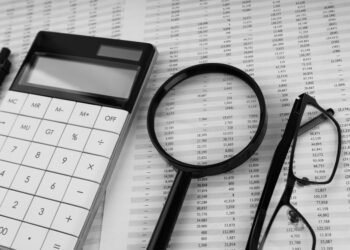According to Article 10 of Indonesia’s Financial Services Authority (OJK) Regulation No. 51/POJK.03/2017, companies in Indonesia are required to prepare and submit a Sustainability Report (SR) separately from their annual report no later than the end of the fourth month after the reporting period. This means the 2024 SR must be published by April 30, 2025.
With the deadline fast approaching, preparing the 2024 SR and appointing an assurance provider has become urgent. This is because an independent assurance statement must be attached to the report.
But before we dive into why assurance matters, let’s break down what it actually means. In simple terms, assurance is a process where an independent third party verifies the data in a sustainability report to ensure it’s accurate, relevant, and aligns with existing standards.
By having their sustainability report assured, companies can build trust with stakeholders. It’s part of being a transparent and responsible business—an audited sustainability report signals that the data inside can be relied on.
A survey by Smurfit Kappa and FT Longitude found that 70% of global business leaders already get their sustainability reports assured. In Europe, that number keeps rising as regulations become tighter. It’s not just about ticking boxes—it’s about strengthening credibility and meeting growing demands from investors for reliable data.
What About Indonesia?
At Pratama Institute, our recent study showed that out of 938 companies listed on the Indonesia Stock Exchange (IDX), 464 companies published sustainability reports. But here’s the catch: only 6% (just 29 companies) had their reports assured.
Why Assurance Matters
Today’s investors are not only chasing short-term profits—they care about environmental, social, and governance (ESG) impacts too. A verified sustainability report makes your company more attractive to impact-driven investors.
Simon Boas Hoffmeyer, Senior Sustainability Director at Carlsberg Group, noted that investors are no longer just doing things to comply with rules—they genuinely want to understand the risks and opportunities of their investments.
Assurance helps make sure that what’s presented in a report isn’t just numbers on a page. It reflects the actual practices behind the scenes. One major benefit? It improves transparency across supply chains.
Take Danone in Mexico as an example. Through its Margarita program, Danone created full transparency in its milk supply chain by providing training, technology, and financial support to small farmers to promote sustainable practices.
Still, around 51% of global companies work with vendors whose supply chains remain murky. Through assurance, companies are encouraged to improve the quality and availability of credible data, fostering a culture of transparency. That’s a win not just for regulators, but also for consumers—and the company itself.
Why It Matters for Indonesian Companies
As part of the global community, Indonesia is not immune to increasing sustainability demands. That’s why companies here should start seeing sustainability reports as strategic documents, not just compliance tasks.
Here’s what assurance brings to the table:
-
Boosts Credibility
Third-party assurance builds trust by proving that the report follows clear and transparent standards. -
Improves Internal Performance
The assurance process encourages companies to manage their sustainability data more effectively, paving the way for ongoing improvements. -
Meets Stakeholder Expectations
Investors, consumers, and regulators are all asking for trustworthy information. Assurance helps companies meet those expectations and foster long-term relationships. -
Reduces Legal Risks
A properly assured report can help protect a company from lawsuits tied to inaccurate or misleading sustainability claims.
Regulation as a Driving Force
To make all this happen, strong regulatory support is needed. Globally, assurance for sustainability reports is becoming a must.
For instance, starting in 2024, the European Union requires all large listed companies to publish assured sustainability reports. This sets a benchmark for corporate transparency that other countries, including Indonesia, should follow.
A study by Mock et al. (2013) showed that companies in economically sensitive sectors—like finance and energy—are leading the way in adopting assurance to build public trust. In today’s global competition, Indonesian companies must start doing the same.
Stakeholders must see assurance as a way to build a transparency culture—something that benefits both businesses and the wider public. With verified data, companies can clearly demonstrate their real contributions to the Sustainable Development Goals (SDGs).
In short, assurance is no longer a nice-to-have—it’s a future-proof investment. If we don’t start improving now, don’t expect any meaningful change tomorrow.














